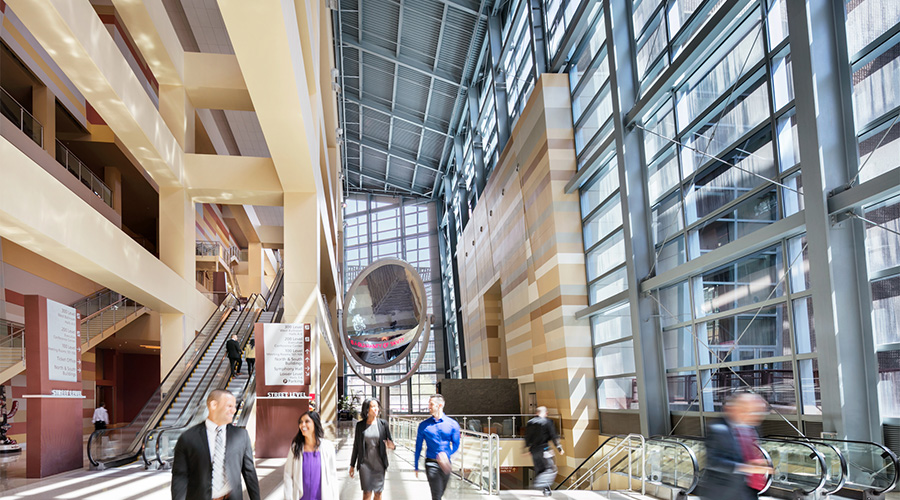Budget Questions to Ask Before Embarking on Lighting Upgrade
Many managers consider lighting upgrades low-hanging fruit in their efforts to reduce energy costs because of the relatively low costs of upgrading systems compared with upgrading HVAC or
plumbing systems.
Among the issues managers need to consider when developing a budget for lighting upgrades includes rebates and determining who does the job.
What kinds of rebates are available to assist with my lighting upgrade?
"There are two basic kinds of rebates," Smith says. "There are prescriptive rebates, which say, 'For every occupancy sensor you put in, we'll give you $20, and for every high-efficiency T8 fixture you put in, we'll give you $45,' or something like that. Then there are customized rebates that are formatted around, 'Tell us how many kilowatt hours a year you're going to save us, and we'll base the rebate on that.'
"A good solution provider is going to look at both rebates and (talking) to the utility and structure it so that it's best for the end user. Some utilities will let you combine both. They're going to look and get the customer the highest rebate possible to help pay for the project."
Should I hire a contractor to complete the project or use in-house staff?
The project "has to be measured from a cost of install versus disruption of workflow," Kimmel says.
"Some people only look at it as, 'I only have a maintenance staff on board, so my maintenance staff will take care of this.' When I say cost of install, disruption of workflow has to be measured.
"If I have a professional installer who has the expertise level of installation, which is something else that needs to be answered, he knows how to work and get in and out on a scheduled program to cause very little disruption, understands the functionality of the office, and works around that. We actually see better return on investment when we see turnkey proposals."
Related Topics:















